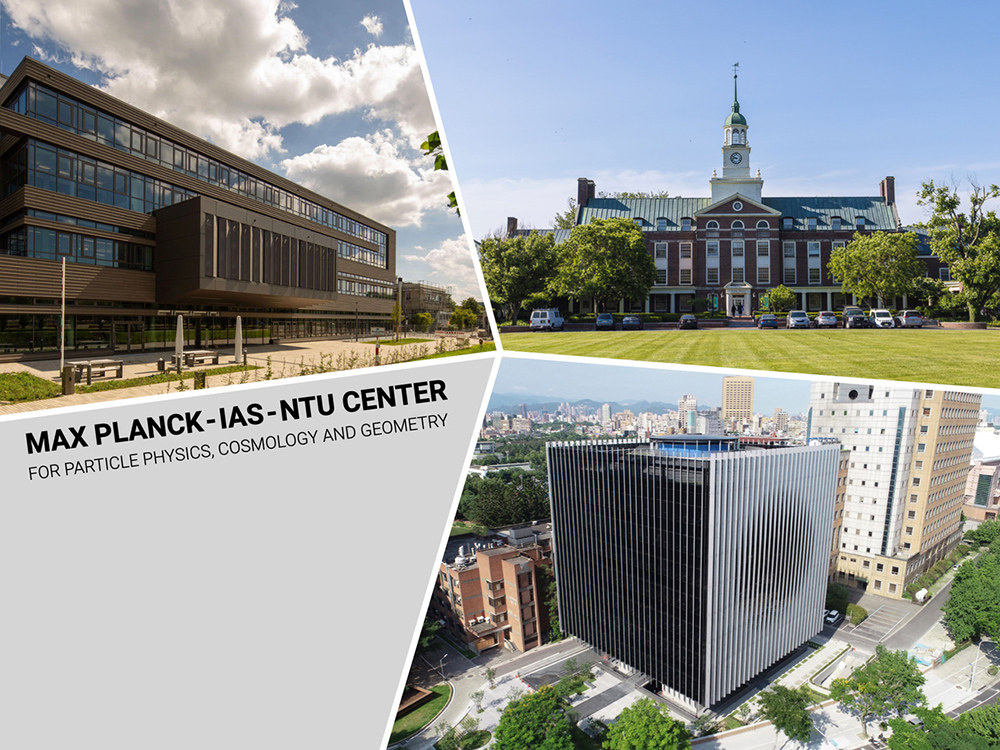
A Distinguished Global Research Center Established at NTU under Trilateral Cooperation
瀏覽器版本過舊,或未開啟 javascript
請更新瀏覽器或啟用 javascript
Spotlights
Hung-Chen Yu (first form the left), Chih-Yu Chen (first from the right) and Chien-Yen Hsu (second from the right) with judges of IDSC.
The Soft Transformers simulation investigated the possibility of producing major shape changes by warping a simple flat 2-D design into a complicated 3-D structure.
A team of three juniors from the Department of Mechanical Engineering won the Best Overall Simulation award in the commercial software category in the ASME Innovative Design Simulation Challenge (IDSC) this year. Organized by the American Society of Mechanical Engineers, the annual competition attracts outstanding mechanical engineering students from elite universities around the world.
Chih-Yu Chen (陳咨羽; team leader), Hung-Chen Yu (游弘晟), and Chien-Yen Hsu (徐阡晏) traveled with their faculty advisor Prof. Jia-Yang Juang (莊嘉揚) to Charlotte, North Carolina in the United States to join the other finalists in presenting their entries before a panel of judges on August 21. The NTU team claimed the competition's top award for their simulation "Soft Transformers: A Versatile Platform for Extreme Shape Transformation."
Relying on design methodology and advanced computer simulations, the Soft Transformers simulation investigated the possibility of producing major shape changes by warping a simple flat two-dimensional design into a complicated three-dimensional structure. The students also developed their own platform to verify their simulation.
The team's design simulation method and platform has potential applications for manufacturing intricate three-dimensional objects. Moreover, this type of concept can serve in the development of "soft robots" that use the transformation of soft materials to achieve movement. This would enable designers to avoid the complicated metal structures and joints of traditional robots.
Of the three competition categories at the IDSC this year, the commercial software category drew the most entries and witnessed the most heated competition. 12 finalist teams were selected by a panel of judges from entries submitted online in the preliminary round.
During the final round in Charlotte, each team was required to present their design concepts and results and respond to queries from the judges entirely in English. The NTU students demonstrated courage and team spirit as they discussed the ideas, innovations, and theory that went into their project on a major international stage.
This article was originally featured in NTU Highlights (October 2016).

A Distinguished Global Research Center Established at NTU under Trilateral Cooperation
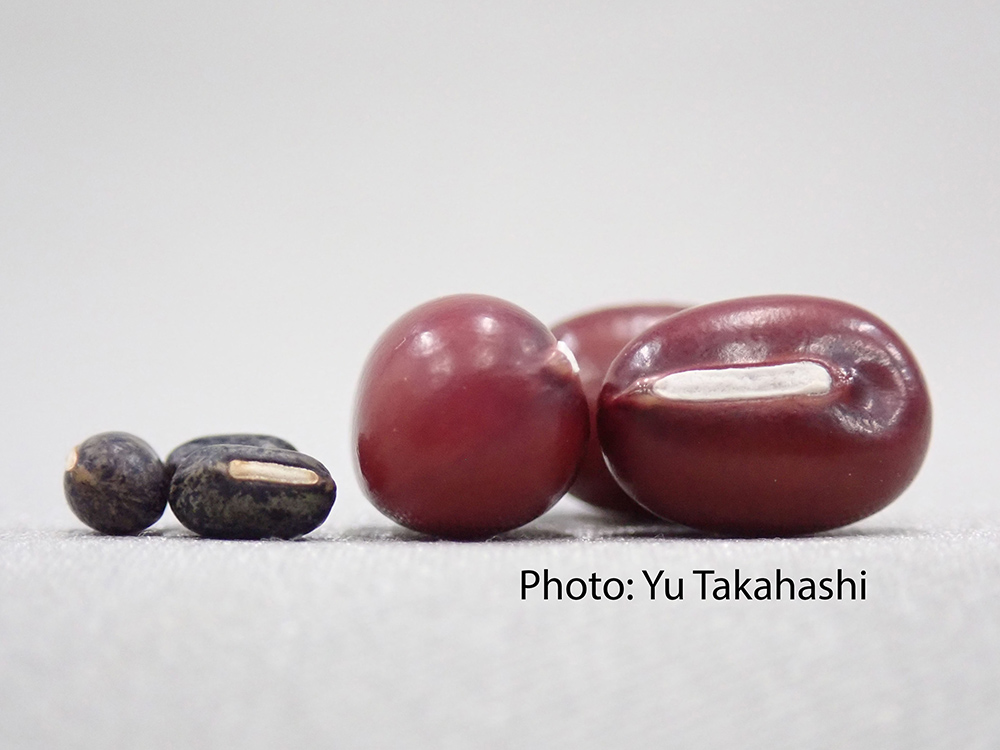
Collaborative study between NTU and Japan uncovers the origin of Adzuki Beans and agriculture in Japan
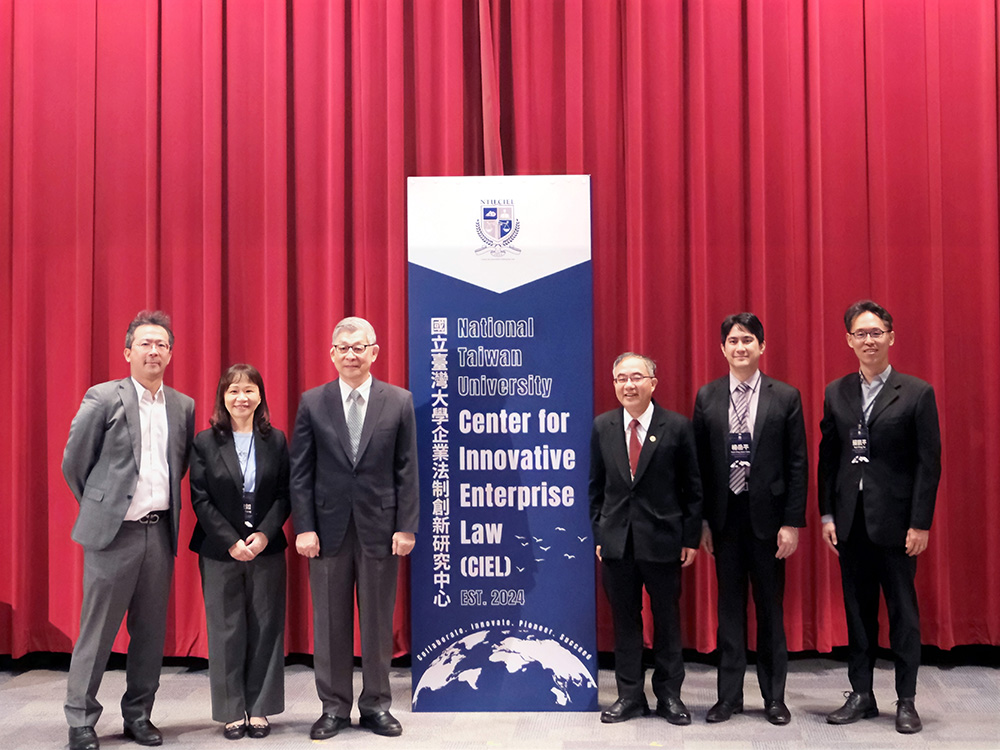
NTU Launches Center for Innovation in Enterprise Law—with Forum Highlighting Trump’s Policy and Legal Shifts Amid Geopolitical Tensions
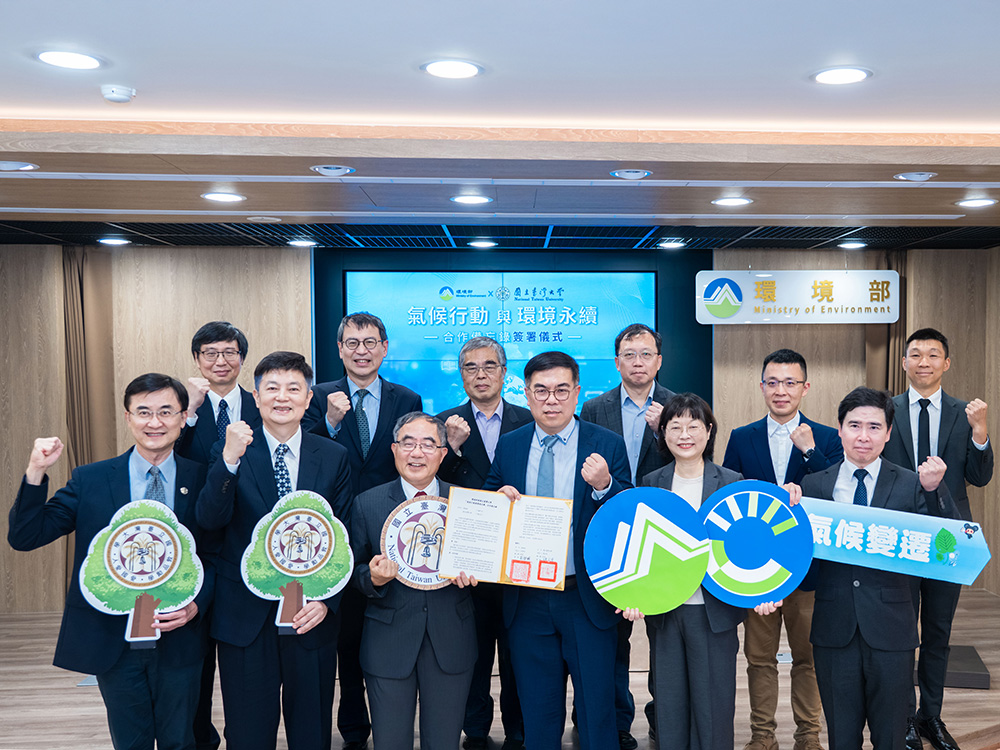
NTU and Ministry of Environment Sign MOU to Advance Net-Zero Transition and Environmental Resilience
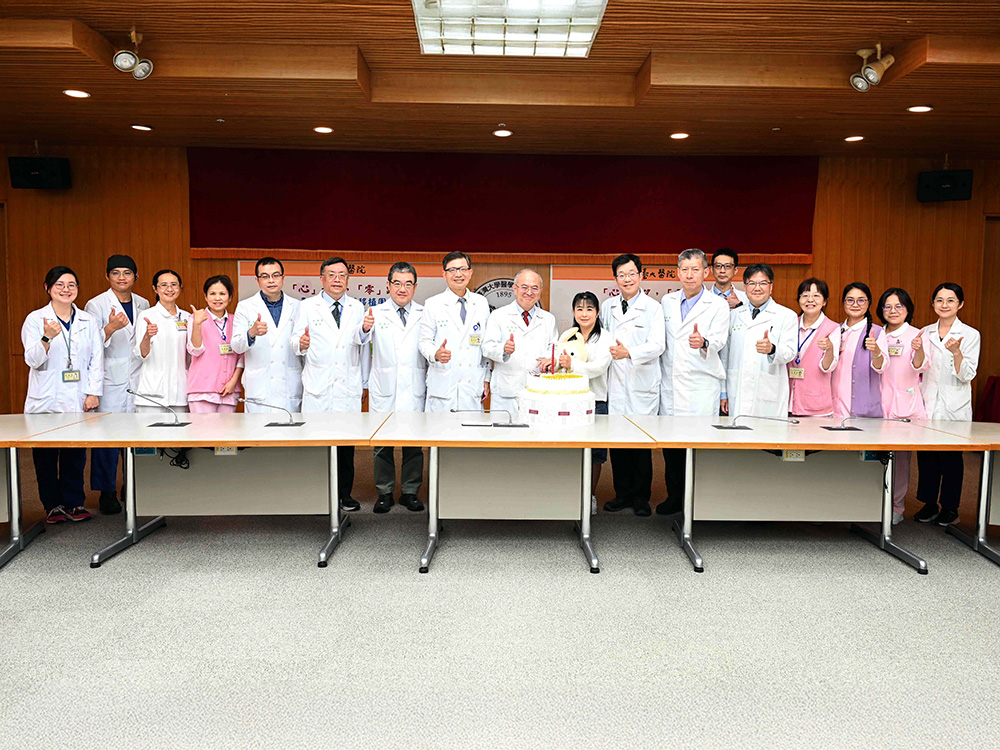
NTU Hospital’s Cardiac Transplant Team Pioneers Beating Heart Transplant with Zero Ischemic Time
Current Spotlights